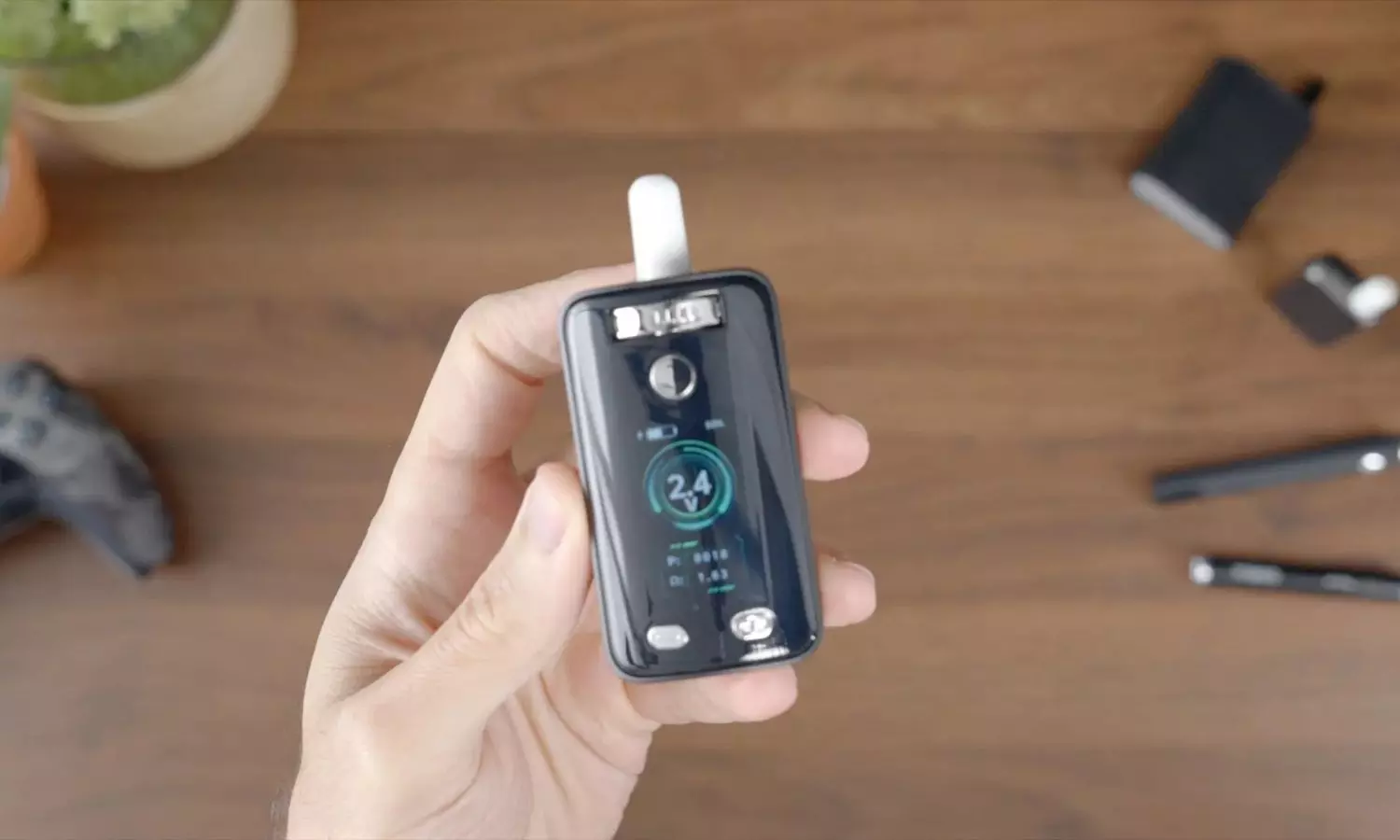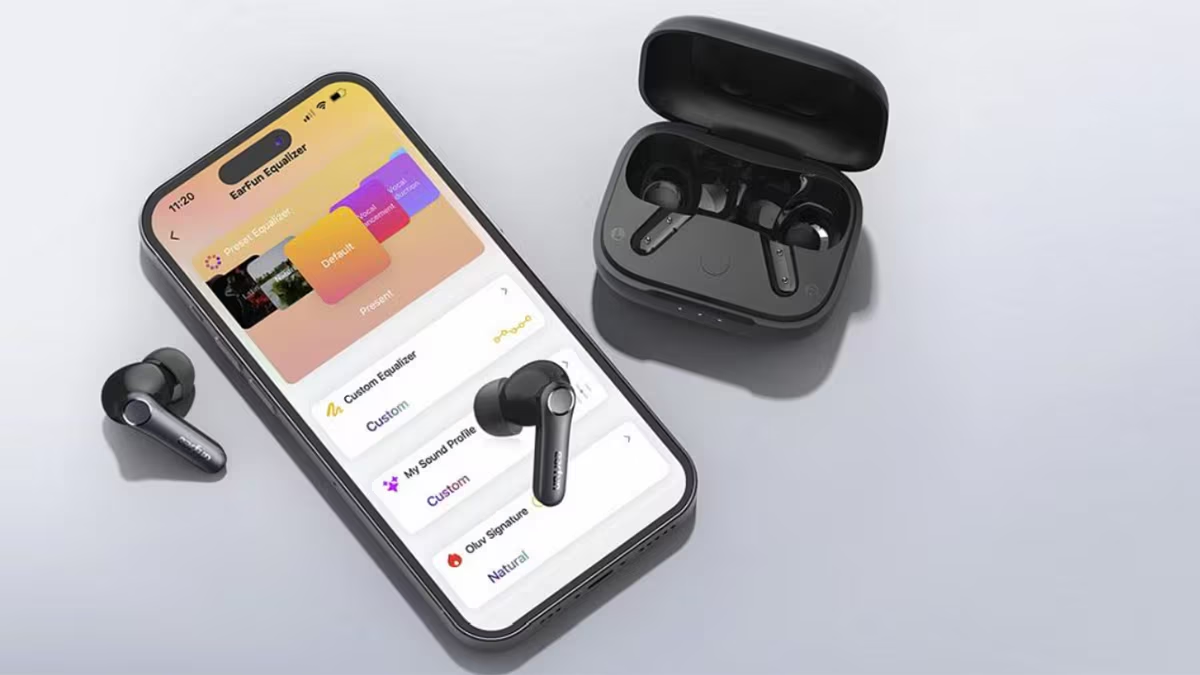In the rapidly evolving world of vaping and cannabis consumption, the 510 cart battery and the dab pen have gained widespread popularity. These compact, user-friendly devices offer an efficient, discreet, and portable method for enjoying concentrates and oils. Whether you’re new to vaping or a seasoned enthusiast, understanding these tools will help you make informed decisions and enhance your experience.
What Is a 510 Cart Battery?
A 510 thread battery is a type of vaporizer battery that connects to cartridges (often pre-filled with cannabis oil) via a 510-thread connection — the industry standard for vape cartridges. The term “510” refers to the 10 threads at 0.5 mm spacing that make up the screw-on connection.
Key Features:
-
Universal Compatibility: Most oil cartridges are designed with 510 threading, making these batteries highly compatible.
-
Rechargeable: USB charging options (especially Type-C or micro-USB) make recharging easy.
-
Variable Voltage: Many batteries allow users to adjust voltage settings for a customized vaping experience.
-
Button vs. Draw-Activated: Some models require a button press to activate, while others work on draw-activation (inhale to activate).
What Is a Dab Pen?
A dab pen (short for “dab vaporizer pen”) is designed specifically for vaporizing cannabis concentrates such as wax, shatter, or rosin. It typically includes a heating chamber (coil or ceramic), a battery, and a mouthpiece. Unlike cartridge-based devices, dab pens require the user to load their own concentrates.
Key Features:
-
High-Temperature Control: Designed to handle the thicker, more solid texture of waxes and dabs.
-
Portable Dabbing: Offers a similar experience to a dab rig but in a compact, travel-friendly form.
-
Replaceable Coils: Many models allow for coil replacement when buildup or wear occurs.
Differences Between a 510 Battery and a Dab Pen
Though often confused, the 510 battery and the dab pen serve different purposes:
| Feature | 510 Cart Battery | Dab Pen |
|---|---|---|
| Material Used | Pre-filled oil cartridges | Wax, shatter, and other concentrates |
| Ease of Use | Very user-friendly | Requires loading and cleaning |
| Portability | Highly portable | Portable, but slightly bulkier |
| Customization | Limited to cartridge | More control over temperature and type |
How to Use a 510 Cart Battery
-
Attach the Cartridge: Screw the 510-thread oil cartridge onto the battery.
-
Power On: Click the button 5 times quickly (if it has a button).
-
Adjust Voltage (optional): Select voltage level depending on flavor or cloud preference.
-
Inhale: Either press the button or draw (depending on the model).
-
Recharge: Plug into USB charger when battery runs low.
Pro Tip: Use lower voltage for flavor preservation and higher voltage for thicker vapor.
How to Use a Dab Pen
-
Load the Chamber: Use a dab tool to place a small amount of concentrate into the coil or ceramic chamber.
-
Assemble the Device: Attach the mouthpiece and battery if not already connected.
-
Power On: Usually requires 5 button presses.
-
Select Temperature: Choose your desired heat level (low for flavor, high for heavy vapor).
-
Inhale: Hold the button while inhaling.
-
Clean Regularly: Remove residue after each use for longevity.
Maintenance and Care
510 Battery:
-
Keep the threads clean to ensure proper connection.
-
Store upright to prevent oil leakage from cartridges.
-
Avoid overcharging to preserve battery life.
Dab Pen:
-
Clean the chamber using isopropyl alcohol and a cotton swab.
-
Replace coils when performance drops or flavor tastes burnt.
-
Charge safely and avoid leaving it plugged in overnight.
Safety Tips
-
Buy authentic cartridges and pens from licensed dispensaries or reputable vendors.
-
Avoid black-market products, which may contain harmful substances.
-
Store in a cool, dry place to maintain oil and battery health.
-
Know your dosage: Especially with concentrates, a little goes a long way.



